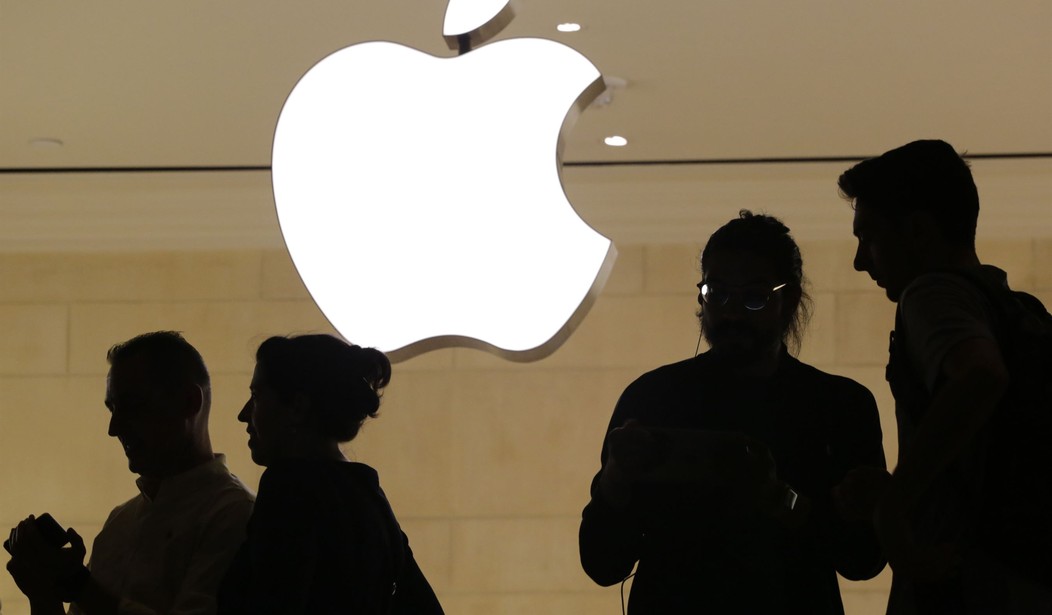Earlier this month, The New York Times reported on Apple’s dealings with China. In it, the Times found that China’s President, Xi Jinping, is increasingly exerting influence over the tech behemoth, especially as it relates to Apple’s functions and protocols oriented towards maintaining the integrity of its customers’ privacy and encryption. Congress needs to find out how many functions Apple degraded to do business in mainland China and to what extent those degradations hurt American consumers.
Put simply, China does not share the same values as the United States, especially its blatant disregard for human rights. Although China does have something that the U.S. simply lacks: billions of more customers. Unfortunately, Apple has taken full advantage of both these attributes, including China’s lack of workers’ rights. But doing business there comes at a huge price—that company must hand certain liberties over to its business practices.
Apparently for Apple, it meant limiting its ability to protect at least their Chinese customers’ personal privacy and the level of encryption on their devices from the Chinese government. For example, the Times reported that Apple approved measures to “store customer data on Chinese servers and to aggressively censor apps…” to comply with China’s cybersecurity law. More concerning, some interviewed within the article go as far as to say that Apple serves as an integral part of the Chinese government’s “censorship arm.” This implies that Apple may even be aiding the Chinese government to silence voices.
Ironically, Apple touts its privacy and encryption measures as its competitive advantage over its other tech competitors, such as Google or Facebook. Apple, itself, describes privacy as “a fundamental human right.” The company has even used these principles as a justification for maintaining otherwise anticompetitive behaviors, or, even more ironic, protecting against government overreach.
Recommended
Regarding the former, Apple has cited consumer privacy and encryption concerns to justify its walled-garden platform. Apple’s type of platform allows it to manage what products or services enter onto its devices. It follows that Apple has been very resistant to laws (both in the U.S. and E.U.) encouraging platform interoperability—a measure that would force the company to lower its cyber walls to a certain degree. Apple’s general aversion to government-mandated interoperability is that such measures would degrade customers’ security of its devices. However, Apple’s dealings in China substantially calls its cybersecurity justification into question. Without this justification, regulators would be more inclined to view Apple’s wall garden as an anticompetitive tactic instead of a form of quality control.
Additionally, Apple’s government-overreach considerations for its encryption measures now ring hallow. Famously, in 2016, Apple rejected the FBI’s request to access Syed Rizwan Farook’s iPhone (i.e., one of the shooters in the San Bernardino terrorist attack). The FBI made the request so that it could more easily ascertain information regarding the intentions of the shooter. Rightfully, Apple rejected the request citing encryption concerns with this type of access to U.S. law enforcement. The company felt this was an opening for providing law enforcement with a “backdoor” giving them unfettered access to its iPhone users. After these recent revelations, Apple’s cry to prevent government overreach seems extremely hypocritical.
In response, Apple asserts a quasi-Nuremberg defense that it is simply adhering to the laws of the land, but this, too, is not persuasive as there are plenty of examples of Apple protesting U.S.-based laws it feels either violates Apple’s principles or human rights. One can only surmise that Apple feels free to challenge U.S. laws with which it disagrees because it is not in threat of the U.S. kicking the company out of its markets. Assuredly, if Apple dissented the same way in China, the company would then have to part ways with the billions of Chinese customers that made them a tech powerhouse in the first place.
Candidly, Apple’s only real concern is its bottom-line, which, as a corporation, is all it should be focused on. Protecting our national security and safety are not Apple’s core competencies, nor should it be. Such responsibilities lie exclusively with our elected leaders. It is why Congress’s Committee on Foreign Relations should openly investigate Apple’s dealings with China so as to ensure American citizens are not affected by the company’s actions there.
Joel Thayer is an attorney based in Washington, D.C., who consults on tech and telecommunications policy issues. His experience also includes working as legal clerk for FCC Chairman Ajit Pai and FTC Commissioner Maureen Ohlhausen. Additionally, Mr. Thayer served as a congressional staffer for the Hon. Lee Terry and Hon. Mary Bono.

























Join the conversation as a VIP Member